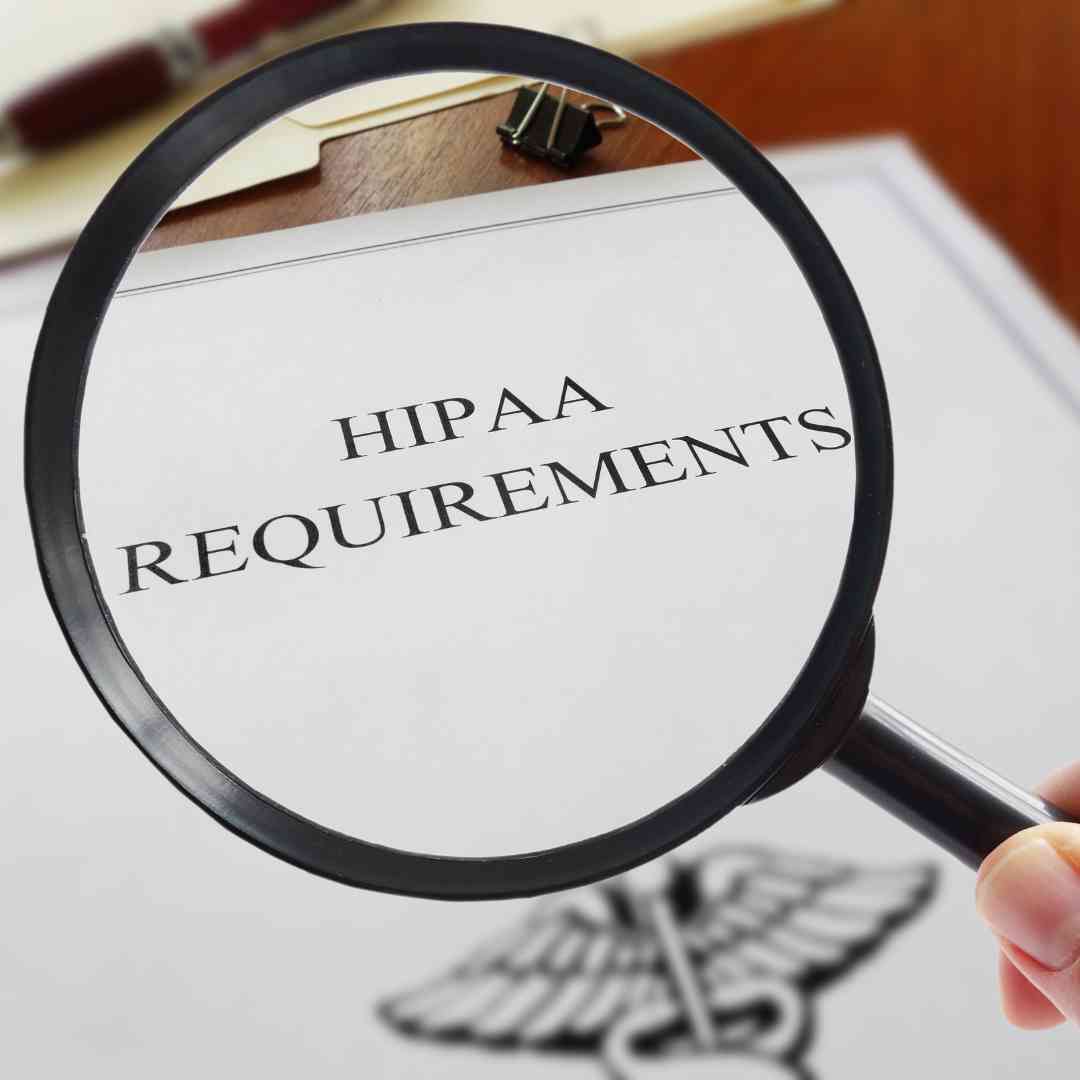Navigating HIPAA Compliant Transportation Services

Ensuring the confidentiality and privacy of healthcare information is a top priority in the healthcare industry. The Health Insurance Portability and Accountability Act (HIPAA) is a federal law that safeguards the privacy and security of patients’ medical records and personal health information. When it comes to transportation services for individuals with healthcare needs, HIPAA compliance is critical to protect sensitive medical information. In this article, we will explore the importance of HIPAA compliance in the transportation industry, how to ensure it, and its impact on the quality of care for patients.
Understanding HIPAA Compliance
HIPAA, enacted in 1996, introduced a set of rules and regulations designed to protect the privacy and security of individuals’ health information. The law applies to “covered entities” like healthcare providers, health plans, and healthcare clearinghouses, but it also extends to “business associates” who handle or process healthcare information on behalf of these entities.
In the context of transportation services, entities that provide non-emergency medical transportation (NEMT) often act as business associates. NEMT providers may need access to patients’ medical records, appointment schedules, and other health-related information to ensure safe and effective transportation.
Why HIPAA Compliance Matters in Transportation
- Privacy Protection: HIPAA compliance is crucial to safeguard patients’ sensitive medical data. It ensures that personal health information is not disclosed to unauthorized individuals, protecting patients from potential identity theft and other security breaches.
- Legal Obligations: Violating HIPAA regulations can result in severe consequences, including financial penalties and legal actions. Transportation providers must be compliant to avoid potential liabilities.
- Patient Trust: Patients rely on healthcare providers and transportation services to treat their information with the utmost confidentiality. HIPAA compliance helps maintain patients’ trust in the healthcare system.
- Quality of Care: Timely and secure access to medical information allows transportation providers to offer higher-quality care. Knowing patients’ health conditions and medical requirements is essential for their safety during transportation.
Ensuring HIPAA Compliance in Transportation Services
- Training and Education: All personnel involved in patient transportation should receive HIPAA training. This training should cover the importance of patient privacy, the specifics of HIPAA regulations, and the organization’s policies and procedures for compliance.
- Access Controls: Limit access to patient information to only those employees who require it to perform their job duties. This reduces the risk of unauthorized access or data breaches.
- Secure Data Storage: Store patient information securely, whether in digital or physical formats. Use encryption and password protection for digital records and maintain locked storage for paper documents.
- Transportation Protocols: Implement specific procedures for the safe and secure transportation of patients with healthcare needs. Ensure that patients’ medical records and personal health information are protected during transit.
- Data Encryption: Encrypt electronic communication and patient records to ensure that even if a data breach occurs, the information remains unreadable to unauthorized parties.
- Risk Assessment: Conduct regular risk assessments to identify vulnerabilities in your transportation services and address them promptly. This can help prevent potential security breaches.
- Business Associate Agreements: If your transportation service works with healthcare providers, be sure to establish a business associate agreement that outlines your HIPAA compliance responsibilities and expectations.
- Documentation: Maintain comprehensive documentation of your HIPAA compliance efforts. This includes training records, risk assessments, policies and procedures, and any incidents involving potential breaches.
- Incident Response Plan: Develop a plan for responding to potential security incidents, including data breaches. Having a well-defined response plan can help minimize the impact of a breach and maintain compliance.
Impact on Patient Care
HIPAA compliance is not just about legal and regulatory requirements; it directly impacts the quality of care patients receive during transportation. Here’s how HIPAA compliance positively affects patient care:
- Confidentiality: Patients can trust that their sensitive medical information will remain confidential during transportation, making them more comfortable sharing essential health details.
- Safety: Access to patients’ medical records allows transportation providers to take necessary precautions. For example, knowing a patient’s allergies or specific medical needs ensures they receive the right care during transit.
- Efficiency: HIPAA-compliant transportation services can access patients’ appointment schedules, helping them plan efficient routes and reduce delays. This is particularly critical for patients with time-sensitive medical appointments.
- Trust: Patients are more likely to trust and cooperate with HIPAA-compliant transportation providers, improving the overall experience and care they receive.
- Communication: The ability to securely communicate with healthcare providers ensures that any changes in a patient’s condition can be quickly relayed to the appropriate medical professionals.
HIPAA compliance in transportation services is essential for safeguarding patients’ privacy and ensuring the delivery of high-quality care. Transportation providers must adhere to the regulations outlined in the Health Insurance Portability and Accountability Act to protect sensitive medical information, avoid legal consequences, and maintain patient trust. HIPAA-compliant transportation services play a vital role in supporting the broader healthcare ecosystem by ensuring that patients can access the care they need safely and securely, from their homes to medical facilities and back.
Join us in making transportation inclusive for everyone! Request a demo to see how our software enhances mobility services for the elderly and disabled.
ABOUT THE AUTHOR
MIKE B.
Mike is a seasoned transportation consultant and technology advocate. Drawing from years of experience in the transportation industry, Mike bridges the gap between innovative software solutions and practical implementation strategies. His articles focus on the transformative power of software for organizations that deliver transportation options for the elderly, special needs and disabled communities. Outside his writing endeavors, Mike enjoys exploring the landscapes of Costa Rica and advocating for sustainable transportation initiatives.
Recent Comments